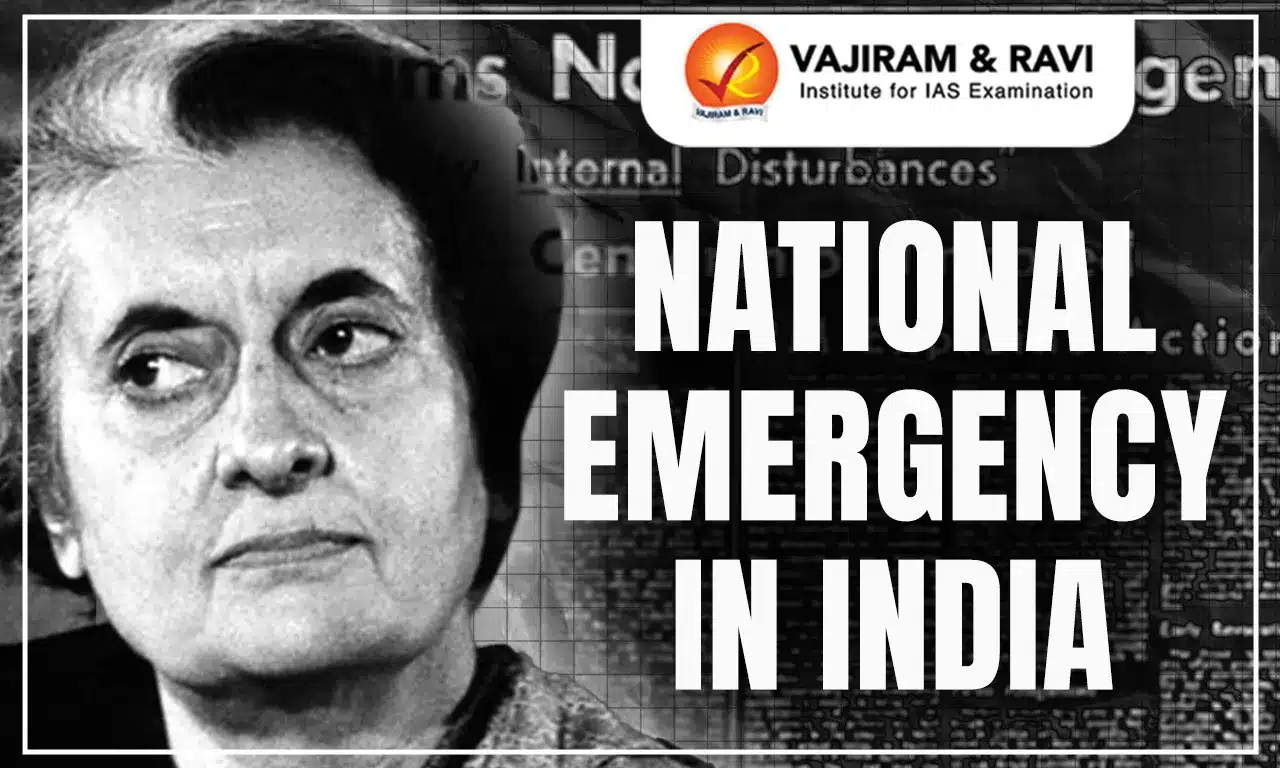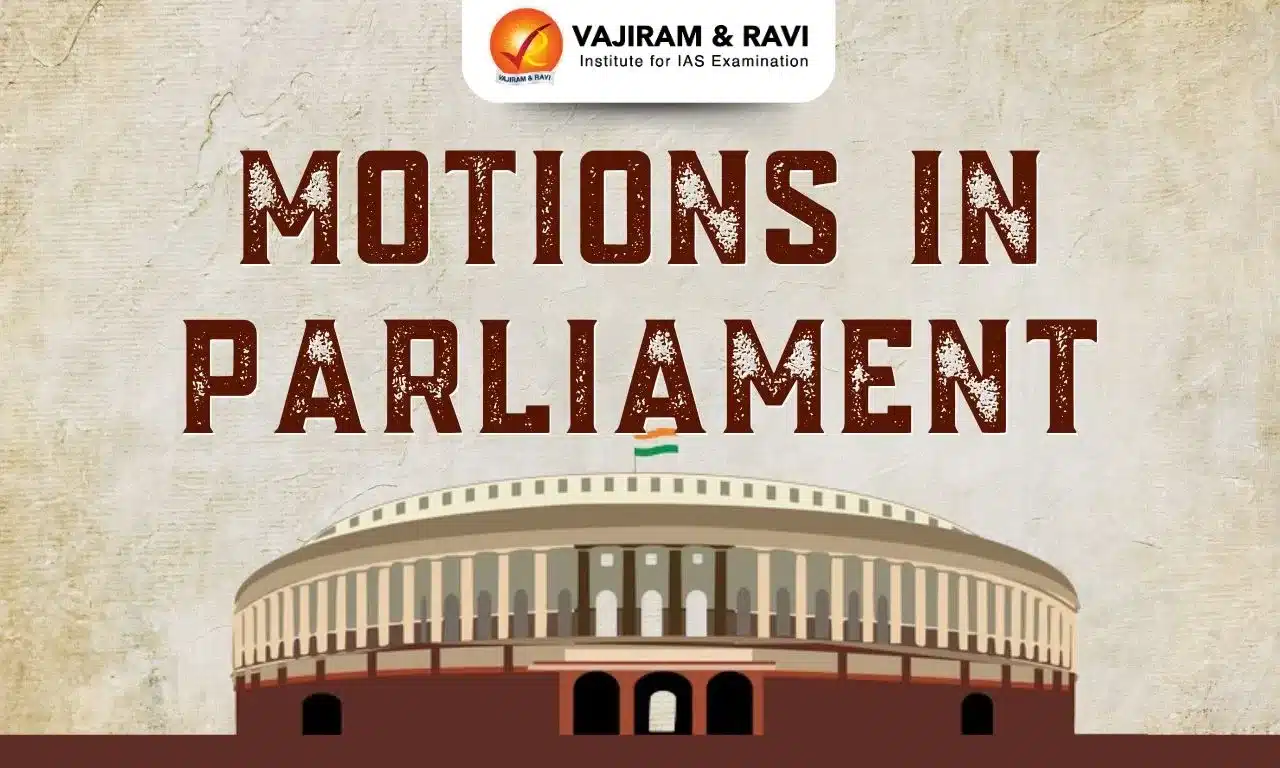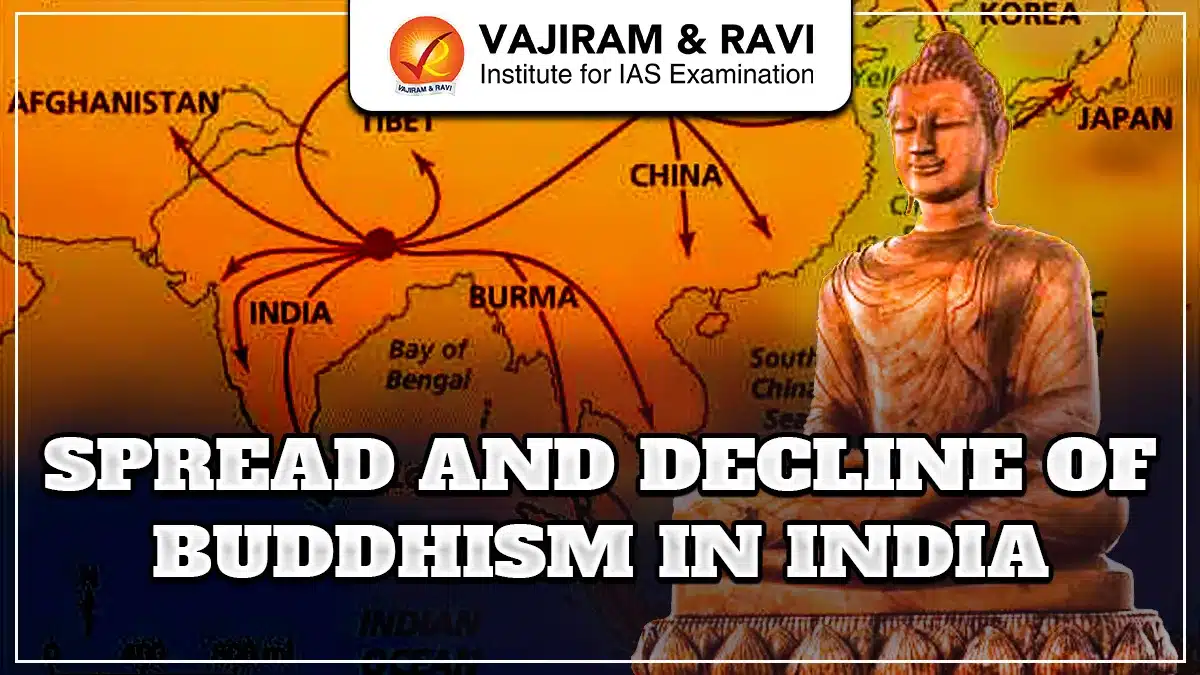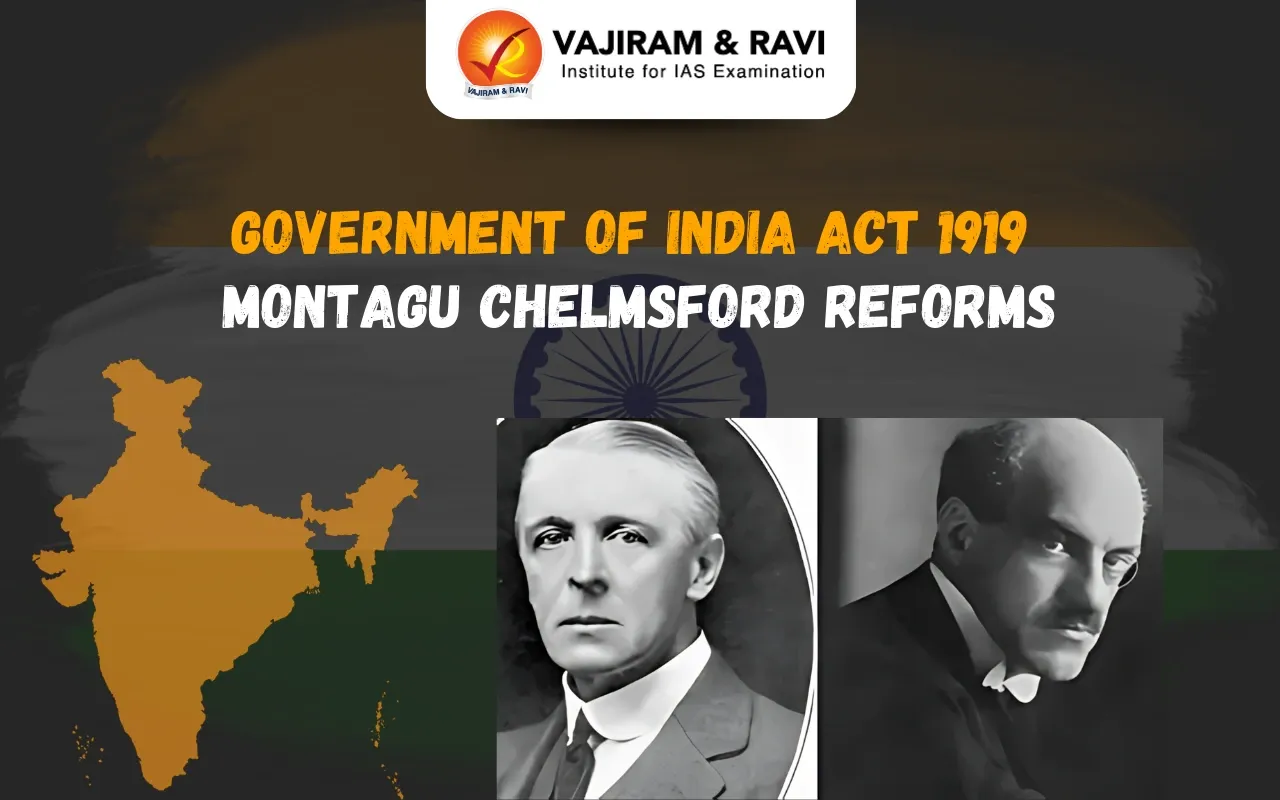What is a National emergency?
An emergency is defined as a situation, which is not normal, and calls for urgent remedial action.
- The Constitution of India envisages three types of emergencies. These are;
- National emergency ( Article 352 )
- President’s rule/State emergency ( Article 356 )
- Financial emergency ( Article 360 )
- Constitutionally, the expression “proclamation of emergency refers only to a proclamation of National emergency made under Clause (1) of Article 352.
What are the grounds for the imposition of a National emergency?
The Constitution provides for declaration of emergency on different grounds.
- Grounds for proclamation: Under Article 352, when war, external aggression, or armed rebellion threatens the security of India or a part of it, the president can declare a national emergency.
- The President may declare a national emergency, even before the occurrence of the actual threat, if he is satisfied that the safety of India or a part of it is threatened.
- Types of emergency: The emergency is classified into two types based on the grounds of imposition.
- External emergency: When the emergency is imposed due to war or external aggression, it is an external emergency.
- Internal emergency: When the emergency is imposed due to armed rebellion, it is an internal emergency.
- 38th Constitutional Amendment Act 1975: It added some more conditions regarding the grounds for the imposition of emergency.
- The president can declare different proclamations of national emergency on different grounds simultaneously.
- The declaration of emergency by the president is non-justiciable.
- The president can suspend the right to go to court for enforcement of fundamental rights during an emergency.
What are the procedures for approval and duration of a National emergency?
Proclamation made under article 352 for the imposition of a National emergency should be laid before each house of parliament and must be approved by them with a special majority.
- Approval: Within one month after the date of the proclamation of national emergency, it must be ratified by both houses of parliament.
- If the Lok Sabha is not in session or has been dissolved before the expiry of one-month duration after promulgation, the proclamation must be approved within 30 days from the first sitting of the newly constituted Lok Sabha, provided that the Rajya Sabha approves it in the meanwhile.
- Duration: Normally, the emergency will be in effect for six months after approval.
- However, such a proclamation may be extended indefinitely, with each extension receiving parliamentary approval by a special majority every six months.
What are the impacts of the imposition of a National emergency?
The political structure of the government is significantly and broadly impacted by the declaration of an emergency.
Effect on the centre-state relations
While a proclamation of Emergency is in force, the normal fabric of centre-state relations undergoes a basic change. this can be studied under three heads:
- Executive: During a National emergency, the centre's executive authority extends to advising any state on how to exercise its executive authority.
- Normally, the union is limited to giving states directives on a small number of specific issues.
- As a result, even though they are not suspended, the state governments are brought under the total supervision of the federal government.
- Legislative: The parliament has the authority to enact laws on any item included in the state list during a national emergency.
- Despite not being suspended, a state legislature's legislative authority is now subject to the parliament's veto power.
- After the emergency is lifted, the legislation passed by the parliament regarding state matters will no longer be in effect.
- Financial: During a National emergency, the President is empowered to modify the provisions regarding the distribution of revenues between the Union and the States.
- Each of the president's orders like this must be presented to both houses of parliament.
Impact on the life of the Lok Sabha and State Assembly
When a National emergency is proclaimed, it will also alter the working of the legislative bodies both at the central and state level.
- Prolonging Lok Sabha: For periods of up to one year at a time, while a declaration of National emergency is in effect, the Lok Sabha's life may be prolonged beyond its regular term. This extension, however, is only valid for a maximum of six months after the emergency has ended.
- Prolonging State Assembly: Similar to this, during a National emergency, the Parliament may repeatedly extend the normal term of a state Legislative Assembly by one year, up to a maximum of six months after the situation has ended.
Effect on fundamental rights
The impact of a national emergency on fundamental rights is described in Articles 358 and 359 of the Constitution.
- Article 358: Suspension of fundamental rights under Article 19
- The six fundamental rights under Article 19 are immediately suspended when a proclamation of national emergency is made under article 358 on the grounds of war and external aggression.
- Their suspension does not require a separate President’s order.
- If the emergency is declared on the grounds of internal rebellion, the fundamental rights are not suspended automatically.
- Any law made or any executive action abridging the six fundamental rights is immune from judicial review.
- However, no remedy can be sought, even after the cessation of emergency, for any law or action taken to abridge the six fundamental rights.
- Article 359: Suspension of other fundamental rights
- The President is authorized to suspend the right to petition any court for the enforcement of fundamental rights.
- However, the right to judicial remedy for the enforcement of Articles 20 and 21 cannot be suspended in any case.
- The suspension of enforcement relates to only those fundamental rights that are as per the presidential order.
What is the procedure to revoke a National emergency?
Articles 352(2) and 352(7) provide for the revocation of the proclamation of emergency.
- A proclamation of Emergency may be revoked by the President by making a subsequent proclamation without parliamentary approval.
- The proclamation ceases to operate on the expiry of 6 months unless the continuance of the proclamation for a further period of 6 months has been approved by both houses of the parliament.
What is the relative position of the provisions of the national emergency before and after the 44th Constitutional Amendment Act?
Several changes were brought in with the 44th Constitutional Amendment Act to prevent the misuse of the emergency provisions. The changes were;
| Item | Before 44th amendment | After 44th amendment |
| Grounds for imposition on internal emergency | Internal disturbances | The term “Internal disturbances” was replaced by “Armed rebellion” |
| Condition for declaration | Written recommendation was not a condition. | Only based on the written recommendation of the Cabinet. |
| Parliamentary Approval | Within two months of the proclamation | Within one month of the proclamation |
| Majority for approval | Simple Majority | Special majority |
| Duration/Continuation of the emergency | For any period of time | Continued for any longer but has to be reapproved every six months |
| Revocation of the emergency | With a subsequent proclamation by the President |
With a subsequent proclamation by the president. A resolution disapproving the continuance of the proclamation can be passed by the Lok Sabha with a simple majority. Ceases with the expiry of six months unless a fresh resolution is adopted by the parliament for continuance. |
| Article 358 |
Fundamental rights under Article 19 can be suspended irrespective of the grounds for the declaration of a National emergency. All the laws regarding fundamental rights were immune from judicial review though they were not related to emergency. |
Fundamental rights can be suspended only when a National emergency is imposed on the grounds of war or external aggression. Only laws that are related to the emergency are immune from judicial review and not other laws. Also, the executive action taken under such laws is immune from judicial review. |
| Article 359 | No specific mention of a judicial remedy for the violation of rights under Articles 20 and 21. |
The protection of the right to judicial remedy in respect of Articles 20 and 21 is explicitly mentioned. Only laws related to the emergency are immune from judicial review and not the other laws. |
What are the instances of imposition of the National emergency in India?
The National emergency has been proclaimed three times in India so far.
Indo-China war, 1962
- Indo-China war: The first emergency was declared in October 1962 when the Indo-China war broke out. Even though a ceasefire was declared a month later, the emergency was not revoked.
- Indo-Pak war: The first emergency was still in force when the Indo-Pak war broke out in 1965. So the emergency was lifted only in January 1968.
Bangladesh Liberation war (Indo-Pak war), 1971
- Bangladesh Liberation war: The second emergency was imposed in December 1971, when the Bangladesh Liberation War broke out, and India was a significant player in it.
- Though the hostilities ended within a couple of weeks, the emergency was not revoked soon. It was still in operation when the third emergency was imposed.
Internal emergency, 1975
- Internal emergency: The third emergency is the internal emergency, unlike the first two, and it was imposed on the ground of ‘internal disturbances’.
- With the second emergency still in force, this third emergency was imposed in June 1975.
Revocation: Both the second and third emergencies were revoked in 1977.
Last updated on February, 2026
→ UPSC Notification 2026 is now out on the official website at upsconline.nic.in.
→ UPSC IFoS Notification 2026 is now out on the official website at upsconline.nic.in.
→ UPSC Calendar 2026 has been released.
→ Check out the latest UPSC Syllabus 2026 here.
→ Join Vajiram & Ravi’s Interview Guidance Programme for expert help to crack your final UPSC stage.
→ UPSC Mains Result 2025 is now out.
→ UPSC Prelims 2026 will be conducted on 24th May, 2026 & UPSC Mains 2026 will be conducted on 21st August 2026.
→ The UPSC Selection Process is of 3 stages-Prelims, Mains and Interview.
→ Prepare effectively with Vajiram & Ravi’s UPSC Prelims Test Series 2026 featuring full-length mock tests, detailed solutions, and performance analysis.
→ Enroll in Vajiram & Ravi’s UPSC Mains Test Series 2026 for structured answer writing practice, expert evaluation, and exam-oriented feedback.
→ Join Vajiram & Ravi’s Best UPSC Mentorship Program for personalized guidance, strategy planning, and one-to-one support from experienced mentors.
→ UPSC Result 2024 is released with latest UPSC Marksheet 2024. Check Now!
→ UPSC Toppers List 2024 is released now. Shakti Dubey is UPSC AIR 1 2024 Topper.
→ Also check Best UPSC Coaching in India
National Emergency in India FAQs
Q1. What is a special majority under the Indian Constitution?+
Q2. When was the word ‘Cabinet’ added to the constitution?+


















